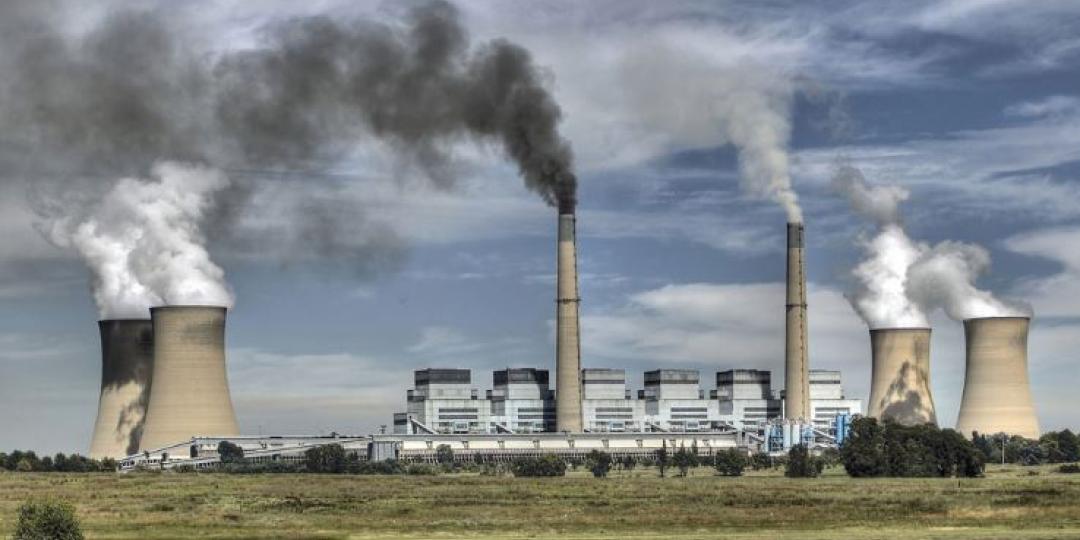Bloomberg reports that four of the world’s richest nations will soon send a delegation to South Africa to seek a deal to begin closing Eskom’s coal-fired plants. Apparently, officials from the US, UK, France and Germany want to strike an agreement with Eskom to start closing its coal-fired power stations.
It is understood that any deal struck could be announced during the United Nations climate talks, known as COP26, set to start in Scotland, at the end of next month.
Albi Modise, the chief director of communications in the Department of Forestry, Fisheries and the Environment, is quoted as saying that these developed economies have a responsibility to fund the just transition to a low carbon economy and climate resilient society. He confirmed that John Murton, the UK’s envoy to COP26, will visit the country “to assess opportunities for enhanced cooperation” but added that the dates are still being finalised.
Alok Sharma, the COP26 president, has said he wants to use the summit to “consign coal to history.” But he’s met resistance from a number of middle-income countries which rely on coal. A Group of 20 meeting in July failed to reach an agreement on phasing out coal.
Coal-based electricity generation
Eskom is historically South Africa's biggest greenhouse-gas emitter. Its use of coal for power generation has made it the world’s 12th biggest emitter of greenhouses gases, ahead of the UK which has an economy eight times the size of South Africa’s economy. Eskom alone accounts for more than 40% of South Africa’s emissions.
Eskom’s debt burden
While the power utility has laid out plans to start closing down its coal plants and having them at least partially replaced with renewable energy, gas-fired generation and battery storage, its debt burden of R402-billion hinders it from borrowing more money to pay for the energy transition.
With about 20 000 power plant workers, 90 000 coal miners and many thousands more involved in the transport of the fuel, there are also social implications to consider.
In July, Eskom’s CEO Andre de Ruyter suggested a facility from development-finance institutions which would be paid over a number of years. In August, Eskom said it was in initial talks to raise R33-billion from five such organizations. Mandy Rambharos, the head of Eskom’s Just Energy Transition department, has previously said the phase-out could cost more than $10-billion.
Multilateral development banks including the World Bank are under pressure from the United Nations to speed the green transition. Earlier this year the Asian Development Bank became the first to announce plans to help pay for the early retirement of coal plants.
Funding options
A range of funding options is likely to be discussed during the South Africa visit, with one potential option being access to $2-billion that the US, France, the UK and Germany pledged at June’s G-7 meeting to help phase out coal globally.
We expect that one of the major challenges of COP 26 will be the decarbonisation of the electricity mix throughout the world, particularly in the major emerging countries, of which South Africa is one.















